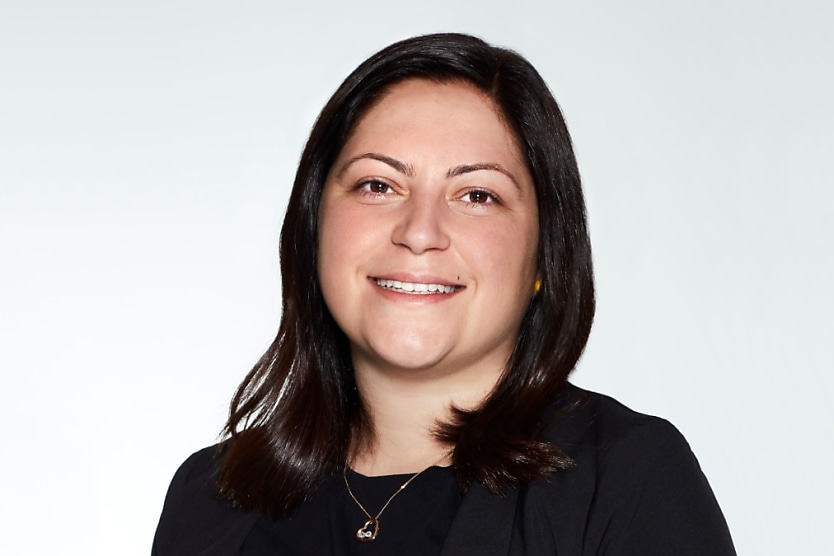
Diversity, equity, and inclusion (DEI) has become a crucial consideration for businesses as the right policy can improve skills, creativity, perspective, productivity and more.
Harrison.ai’s chief people and culture officer Nicole Karagiannis discussed why DEI, or DEBI as she calls it, is such an important consideration that companies should be paying attention to.
HR Leader: “How does diversity, equity, and inclusion fit into your work?”
Ms Karagiannis: “We refer to it as DEBI: diversity, equity, belonging, and inclusion. It actually fits into everything that I do every day ... And I guess really the premise for that is, at a very simplistic level, we are different humans, and we have to celebrate that difference, but we also have to find the common ground so we can build teams based on trust and commonalities and achieve great things.”
“What we’ve learned over the recent years is not to shy away from the bigger hairier goals as well. From gender and representation of female employees and female leaders in the tech space, which is our biggest challenge at the moment, to cultural difference, to neurodivergence, to how do we support the LGBTQIA+ community.”
“Leading is about being courageous and being vulnerable and saying, ‘I’m going to tell you upfront, we may get it wrong. We may say the wrong thing, we may offend someone, but if we don’t go there, we’re not going to change the status quo. We’re just going to be yet another organisation with a pretty statement and a nice couple of pretty sentences on a website. But nothing actually genuinely is changing.’”
Ms Karagiannis added: “So really, the more uncomfortable it is, the bigger the sign that we’re doing right by going there. That’s essentially how we recruit, how we review and measure performance, how we look at employee experience, and how we celebrate.”
HR Leader: “What are some tips for getting through current business challenges?”
Ms Karagiannis: “We really should go back to sharing. If we want to be about employer branding, we want to be sharing how do we look at workload, how do we look at trust, how do we develop leaders? The strong foundation, because everything else that’s nice to have, if it’s built on a crumbly weak foundation, it’s not going to last long.”
“There’s a fair bit of downsizing or right sizing going on at the moment in other organisations. I think it’s important that we look at that with empathy and support those we know in those organisations and not judge them. Because they are just sort of dips in the cycle, and it may be you one day on the other end of it.”
“Looking at other organisations and having lived through a global financial crisis while working in the banking sector and few other things along the way, including a pandemic, the biggest takeaway is treat employees with respect and tell them transparently everything that is going on and invite them to be part of the solution rather than this behind closed doors. That’s really important in an environment that is challenging like the one we are in at the moment.”
The transcript of this podcast episode, when quoted above, was slightly edited for publishing purposes. The full audio conversation with Nicole Karagiannis on 8 February is below, and the original podcast article can be found here.
Jack Campbell
Jack is the editor at HR Leader.










